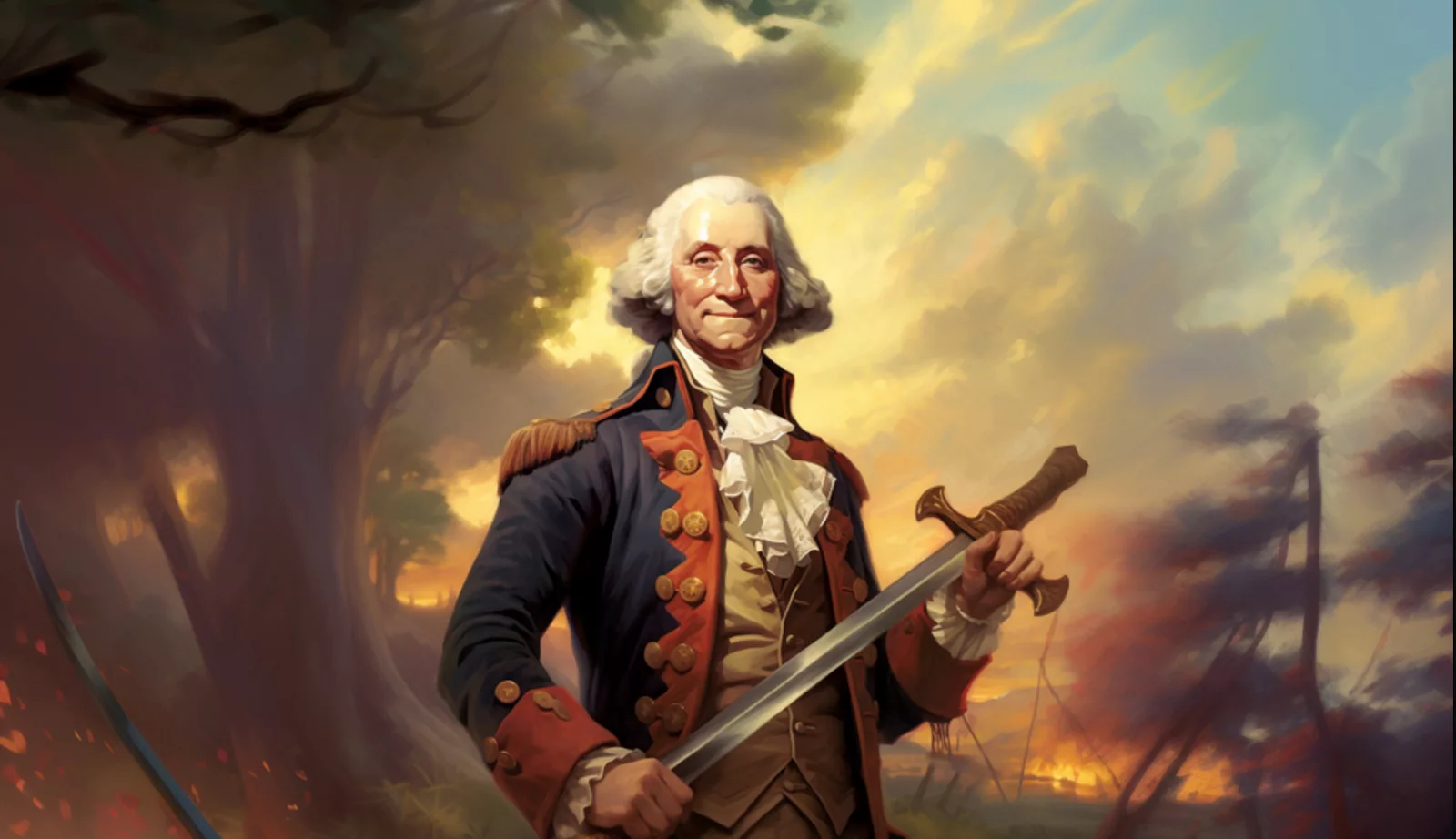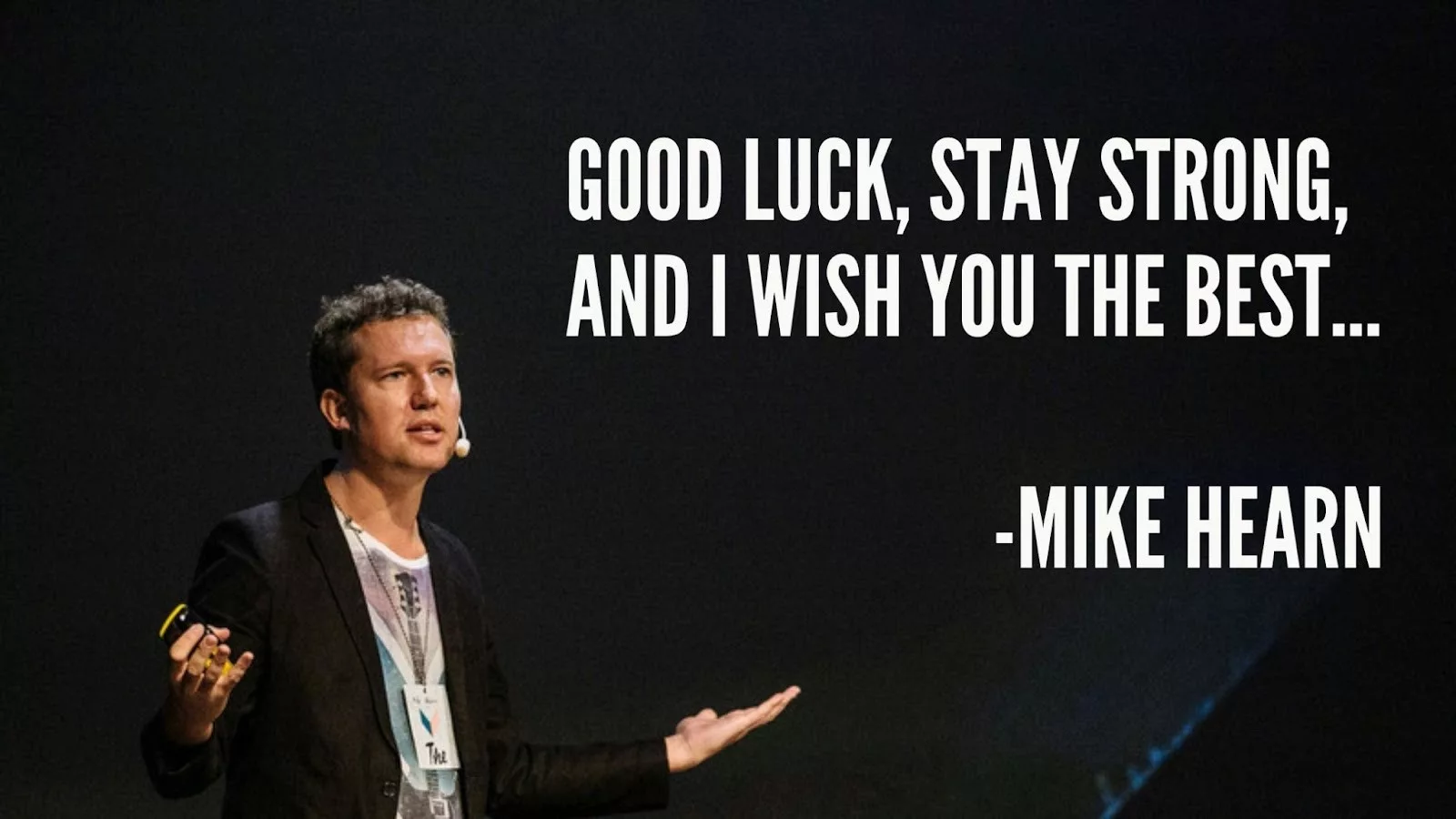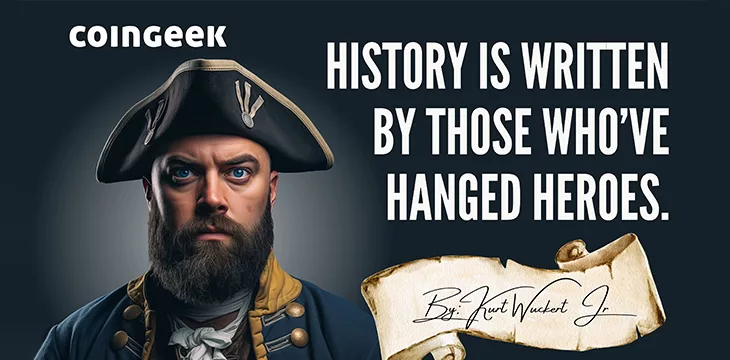|
Getting your Trinity Audio player ready...
|
A stirring title, credited to Robert the Bruce and immortalized in the cinematic drama “Braveheart,” challenges us to question the veracity of the narratives presented as history. The film, though a rousing tale of Scottish defiance leading the secession of Scotland from English rule, is itself a tapestry woven with threads of fact and fiction. Said simpler, it is largely fiction.
However, it serves as a potent metaphor for our ongoing struggle to discern truth in an age where data is as much a weapon as it is a record. It has been said, “If you think the news is bad, who do you think wrote the history?” We know that in places like Soviet Russia or Communist China, the memories that the state implants upon their own people are full of half-truths and outright lies, but does this happen in our “free” Western nations as well?
Let’s take a step back in time
In my early musings, I explored WeatherSV, a project intent on depoliticizing climate data by decentralizing its collection and storage. The endeavor is simple yet revolutionary: strip away the narrative, leave the naked truth of numbers and trends for all to see, uncolored by the agendas of Al Gore’s spokespeople or the Koch Brothers’ lobbyists. Here lies the power of immutable data—data that cannot be retroactively altered to fit the prevailing winds of political convenience.
Is the earth warming? Is it cooling? Either way, is it due to human intervention? Blame capitalism? Blame China? It could be all just the product of Milankovitch cycles, and we’re powerless to intercede on anything except our own egos.
Either way, right-wingers don’t want Al Gore’s data, and left-wingers don’t want the Koch brothers’ data, so we need to do something to figure out if “climate change” is a giant nothing or the most pressing problem in human history. Are we being lied to about the data or the interpretations? Certainly.

Tax the weather, liberty, or death
Ok, so maybe we can’t tax our way back to that perfect year when the whole planet was at the perfect temperature. What year was that again? You decide, but let’s assume it was during the administration of the most honest man who ever became an American President.

NO! Not Honest Abe. His beard wasn’t even real, and neither was his love for the Southern slaves. Let’s not get started about how he sold the nation to the banks!
If you went to an American public school, you will recall George Washington as the first U.S. President. Of course, that’s false, too. Well, at least kind of…The first American President of a post-Revolution nation was a patriot named John Hanson—or maybe it was Samuel Huntington—depending on whose data you trust.
Hanson and Huntington’s legacies were obscured by the grandeur of Washington’s mythos, the allegorical tale of a cherry tree and an alleged inability to lie, but that should remind us that even our foundational stories are subject to the erosion of time and the pressures to conform to a streamlined narrative. But the fact remains, if you know where to look, there were actually 10 Presidents of the predecessor government to the nation-state established by the U.S. Constitution, and they included such historical lions as Richard Henry Lee and John Hancock as well. But you probably didn’t know that, did you?
And why is that?
Because contrary to the legend that Washington was honest, brave, and honorable, he was actually a brilliant political animal and a brutal executive.
Don’t believe me?
The whiskey rebellion
The Whiskey Rebellion was a stark testament to the lengths Washington’s authoritarian administration would go to assert federal authority. In 1791, aiming to reduce the national debt, Congress, under Washington’s leadership, levied a tax on whiskey, igniting the fury of Western Pennsylvania farmers for whom whiskey production was the only means of business. The imposition of this tax, perceived as an overreach of federal power, led to violent protests and the burning of a tax inspector’s house, signaling the beginning of an insurrection fueled by the spirit of the still-smoldering American Revolution.
Washington’s response was draconian, a display of force.

Clothed in the very uniform he wore as a Revolutionary general, he marshaled an army of thirteen thousand to crush what he labeled “treasonable opposition” from people who never consented to be governed by such a man.
The rebellion, robust in its defiance, crumbled against such overwhelming might. By the end of 1794, the uprising was quelled, an order was reinstated, and Washington’s message was clear: the federal government’s decrees were absolute, dissent would be met with an iron fist, and the Constitution, as he interpreted it, was to be upheld without question.
This incident forever tainted his legacy, revealing a tyrannical edge to his fledgling presidency and the Republic it represented, by showing how willing he was to enforce law through intimidation and military might.
Doesn’t the Constitution stop this?!
The tale of the United States’ birth is fraught with contention, with its first constitutional convention dissolving in acrimony, only for the subsequent Congress to forge a compromise that birthed the Bill of Rights. These events, crucial as they are, often fade into the background, overshadowed by more palatable tales of an immaculate conception and perfect unity in our national genesis.
The reality is when the Constitution emerged, it ignited fierce contention. To many founders, it was less a beacon of unity and more a specter of centralized dominion designed to stamp out the Confederacy that they had fought against King George to establish. The Anti-Federalists, staunch defenders of state sovereignty and personal freedoms, decried it as an overreaching leviathan, articulating their dissent in the fervid prose of the Anti-Federalist Papers, which they circulated peer-to-peer in an attempt to resist the creeping authoritarianism of the federalists led by Alexander Hamilton.

The new nation teetered perilously, its unity at stake, as vehement debates ensued.
The Bill of Rights, a ten-amendment salve to the Federalists’ scathing burns, became the reluctant compromise to keep the Anti-Federalists at the table by explicitly assuring the liberties they feared the Constitution might otherwise consume. It was a concession, etched not from consensus, but from the fiery stand against tyranny—a testament to the founders’ turbulent struggle for liberty even from within their own ranks.
Is this a Bitcoin article?
I’m sorry. That was a lot to take in, but you should research history more deeply. It is illuminating, to say the least, and Bitcoin suffers from a narrative equally mired in misinformation, half-truths and selective amnesia. If we don’t fix it, we lose.
But why is there so much disinformation? Because Bitcoin is important!
Coming full circle, I have dedicated the last several years to “righting the wrongs of the bitcoin civil war” as the Chief Bitcoin Historian publishing exclusively with CoinGeek. I don’t take this role lightly, and the cacophony of negative feedback that I get from my critics tells me that I’m pretty good at telling inconvenient truths to thin-skinned men in positions of fiat power clinging to perches within the Bitcoin economy.
The only reason I am here is because of my love for Bitcoin. But the only reason I love Bitcoin is because of my love of truth. Only an unbounded Bitcoin can fix our multi-generational problem with dishonesty, and this article was inspired by a close confidant who let me know why my love of history and truth makes my work special. To him, thank you.
Back to the Bitcoin challenge
The popular conception of Bitcoin belies a turbulent past, one where proponents of a scalable, unbounded version were ostracized by the faction favoring restriction and control via the developer intelligentsia centered around Blockstream and their allies. The big blockers narrowly survived a systematic purge from forums of discussion, commerce, and development. Their (our) vision for Bitcoin was nearly expunged from public memory if not for the resistance of a few extremely dedicated supporters.
Of course, not all were so lucky. Mike Hearn and Gavin Andresen were pushed into retirement by constant attacks from the hoard of small blockers who were largely funded by Mastercard (NASDAQ: MA) and other old-world financial titans through a few entities like Digital Currency Group (DCG). Big blockers knew there were problems with the Blockstreamers, but we were unable to coordinate for long enough to rescue Bitcoin due to personal differences that led to a fractured sect of big blockers spread across multiple chains versus a united and deeply focused monolith of small blockers.

As we stand on the precipice of an uncertain future, we must ask ourselves: Will we allow the true vision of Bitcoin and its champions to be relegated to mere footnotes? Will we permit the reductive summation of Bitcoin’s history to be nothing more than price points and the mention of corporate juggernauts like MicroStrategy (NASDAQ: MSTR) and
BlackRock? Or can we commit the real story of Bitcoin to the permanent distributed ledger forever?
We cannot afford a losing outcome. Not BSV blockchain; not humanity! The need for a public ledger that enshrines immutable truth has never been more pressing. Bitcoin, in its most unadulterated form, offers a means to safeguard history, to ensure that every transaction, every event, every byte of data remains untainted by the caprice of those who would dictate the past.
The challenge
Let us not be the forgotten heroes, the voices lost to the gallows of censorship and revisionism. Let us wield Bitcoin not just as a financial instrument, but as a beacon of historical integrity. For if we fail, we surrender not only our present but also our past and our future to the whims of those who write history with a noose in one hand and a pen dipped in the blood of our enslavement in the other.
We mark the anniversaries and reflect on the legacies, but let us also commit to a new chapter where transparency reigns and truth, however inconvenient, remains accessible and unalterable. This is our call to action: to preserve, to protect, and to participate in the writing of a history that will stand unchallenged in the light of data that cannot be denied.
This is our library of Alexandria. The distributed ledger is our codex to hand down to our descendants until the heat death of the universe. This is the most honorable goal.

We either win with Bitcoin (BSV), or we usher ourselves into yet another era of darkness. History was always written by those who’ve hanged heroes, but we have a chance (maybe just! one! chance!) to etch the truth in stone in real time where the tyrants cannot stop its recording and where it can never be tampered with again. Only then can we be truly free.
With that thought, I’m reminded of my favorite founding father, Patrick Henry. His most famous speech, given on the eve of the American Revolution against the greatest military empire on earth, summarizes my feelings perfectly—the closing of which is quoted solemnly below:
Why stand we here idle? What is it that gentlemen wish? What would they have? Is life so dear, or peace so sweet, as to be purchased at the price of chains and slavery? Forbid it, Almighty God! I know not what course others may take; but as for me, give me liberty or give me death!
Watch: Floodgates will be opened once we can prove unbounded scaling

 03-01-2026
03-01-2026 




